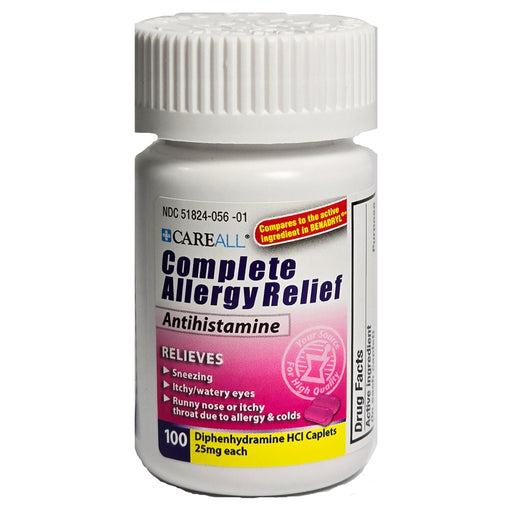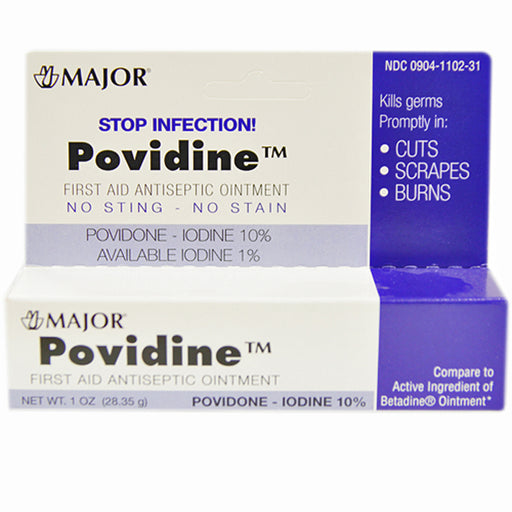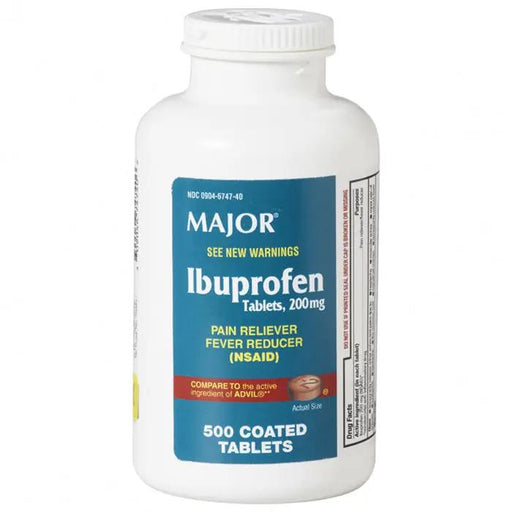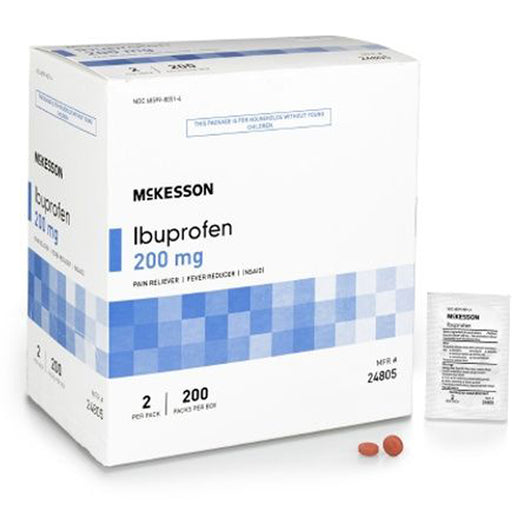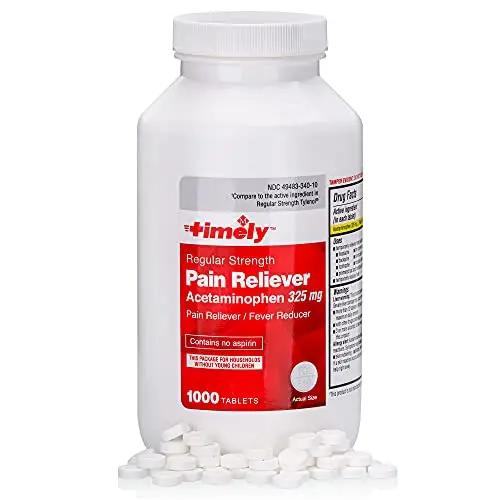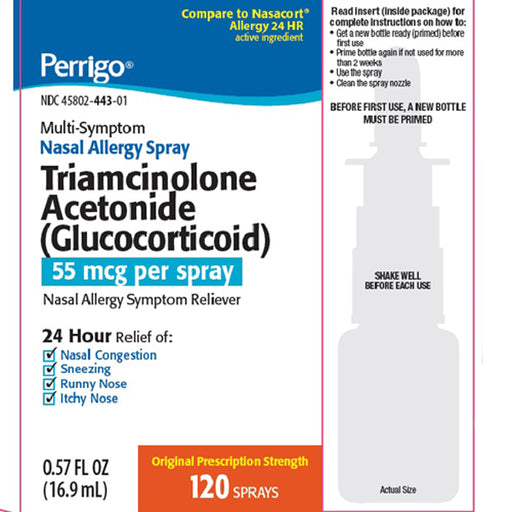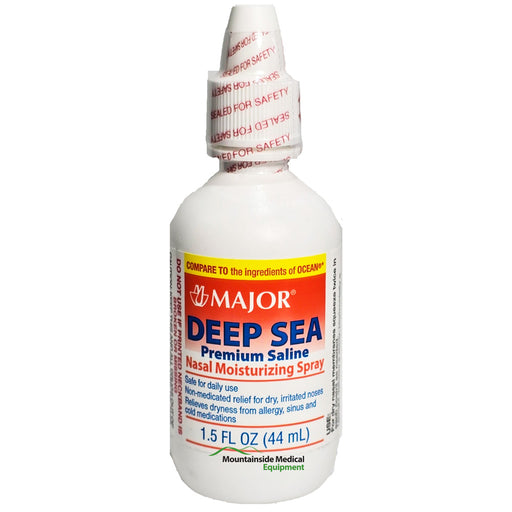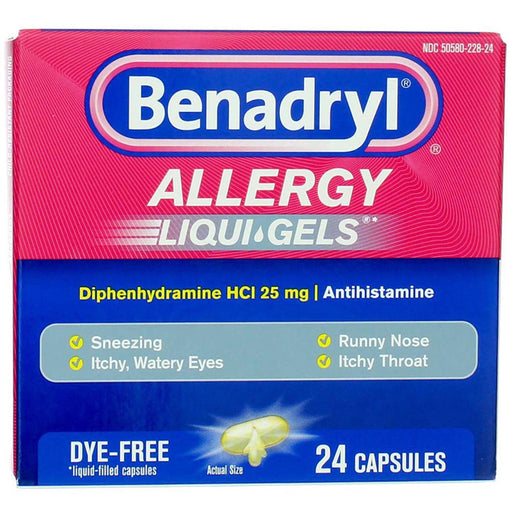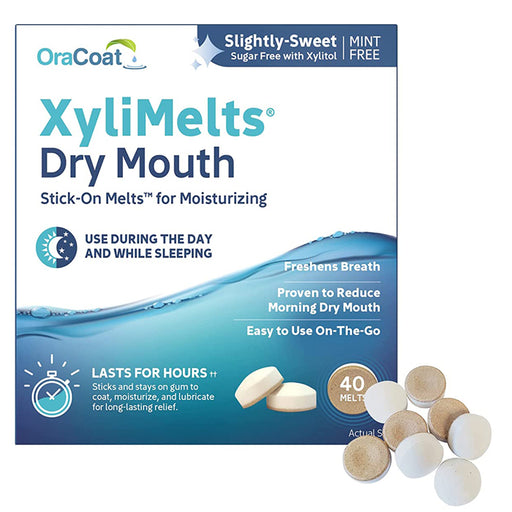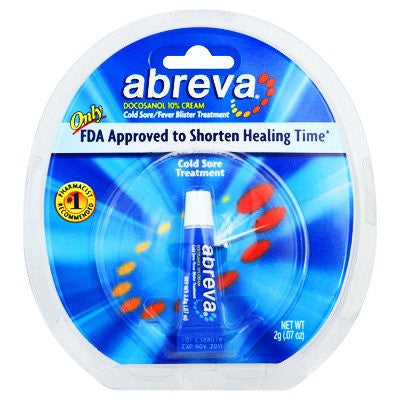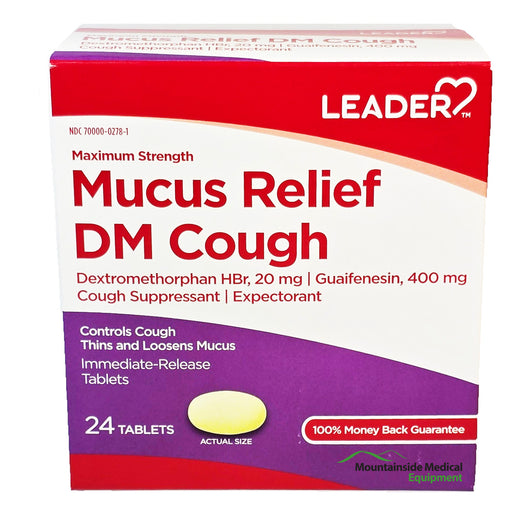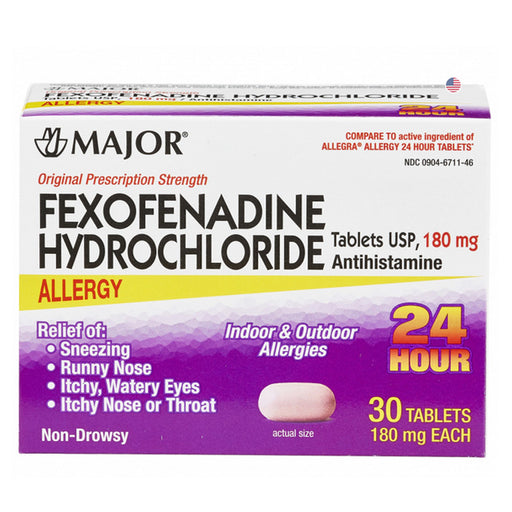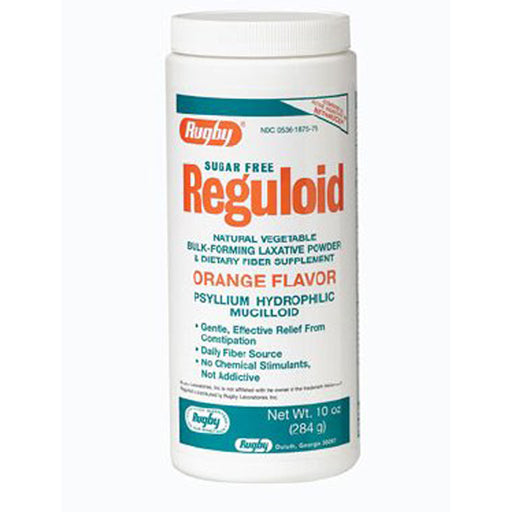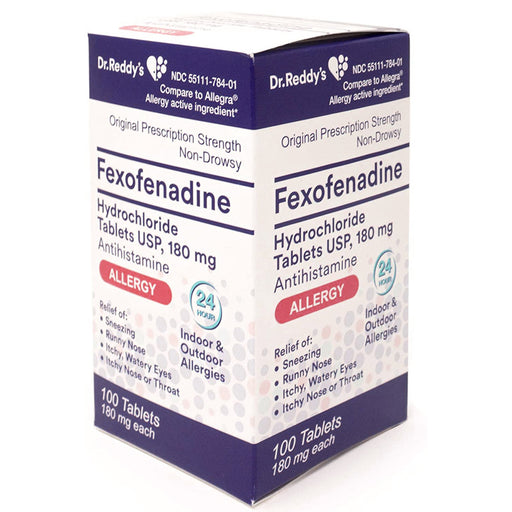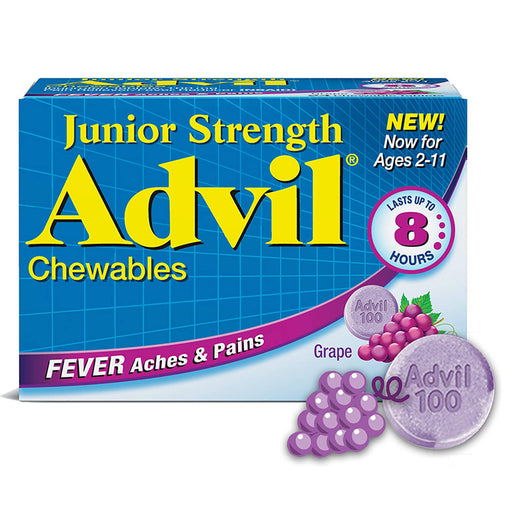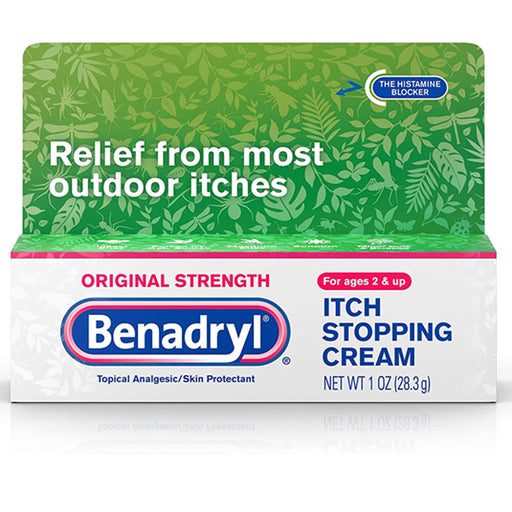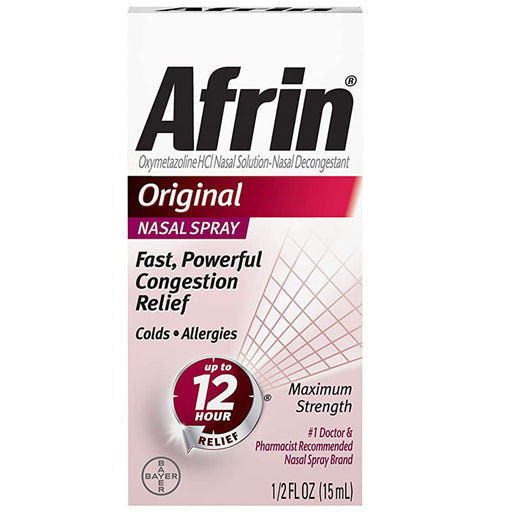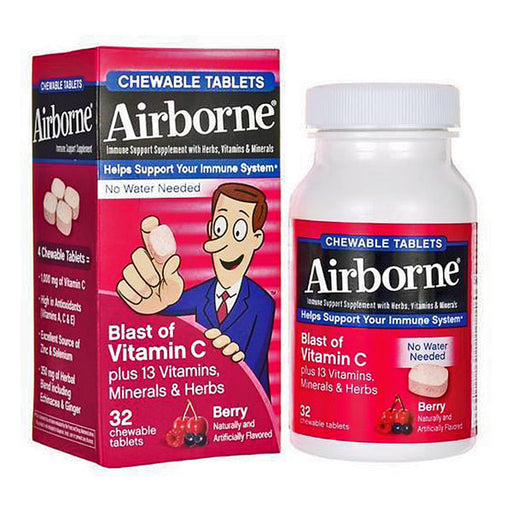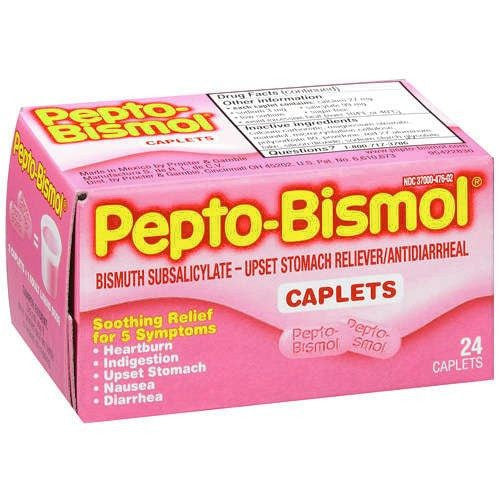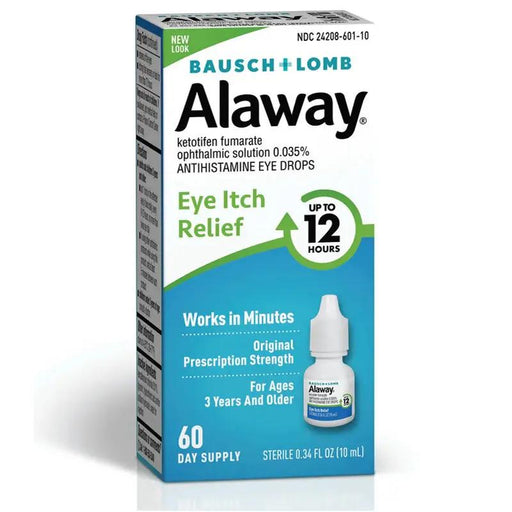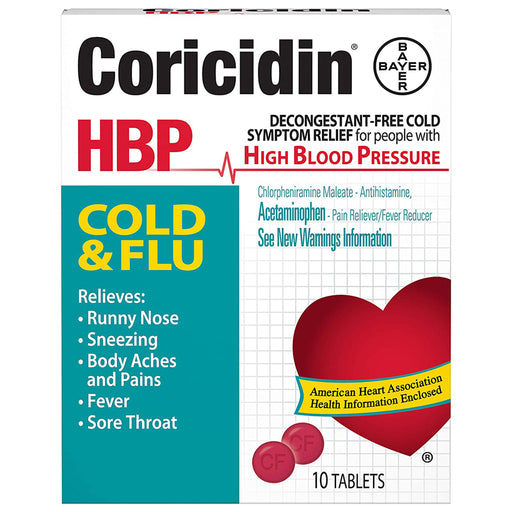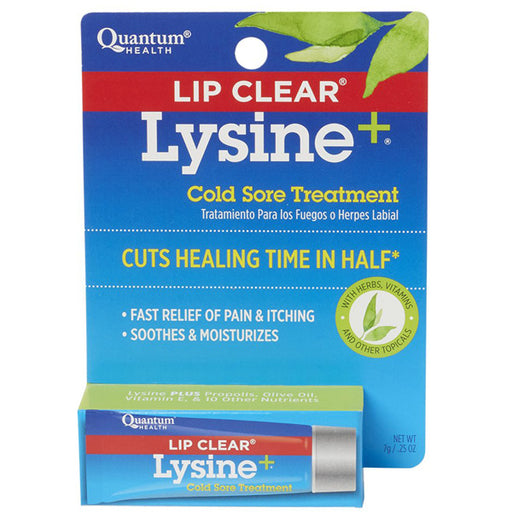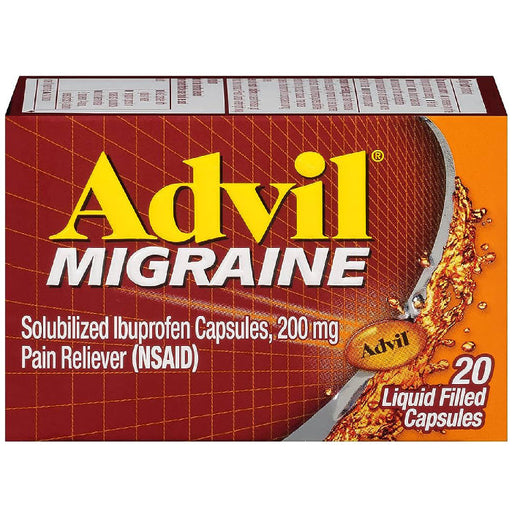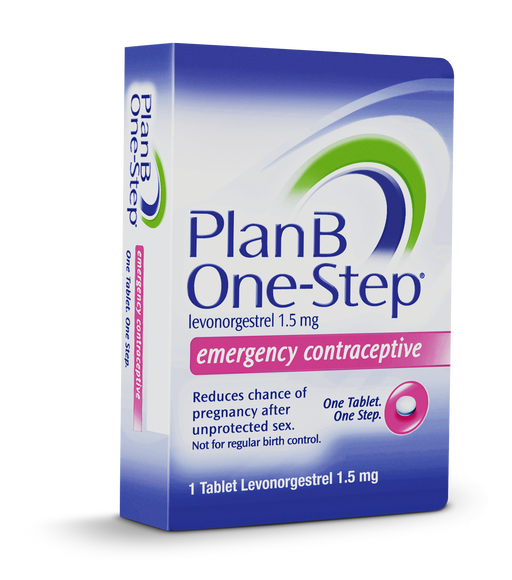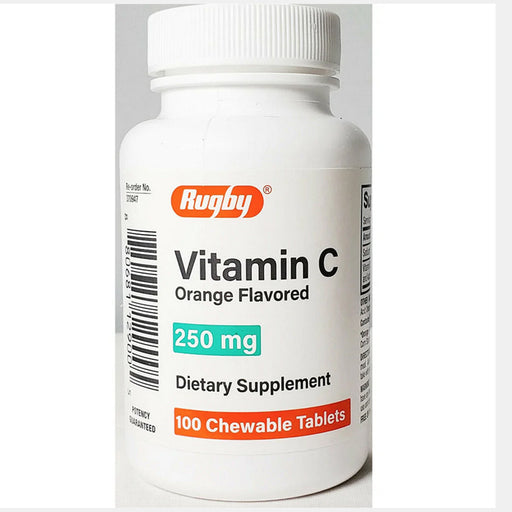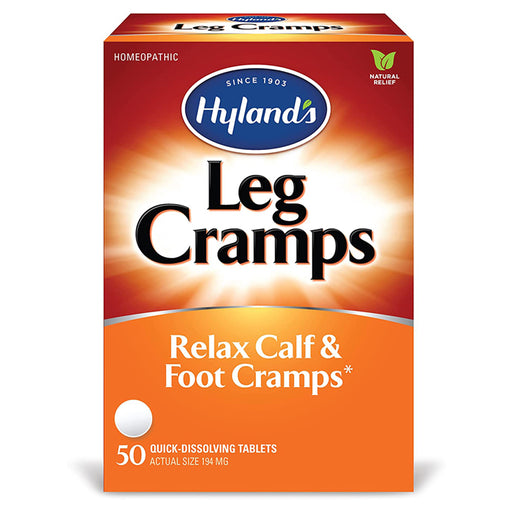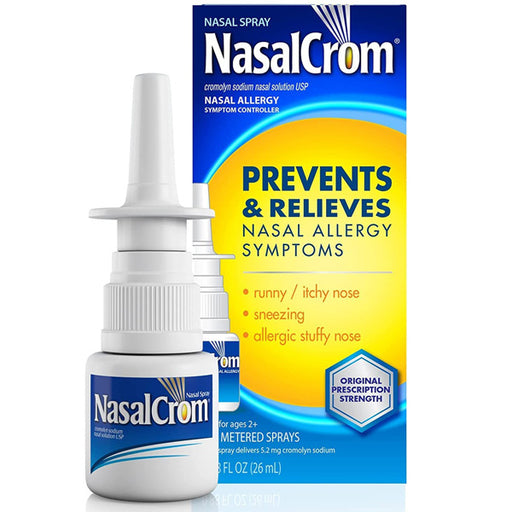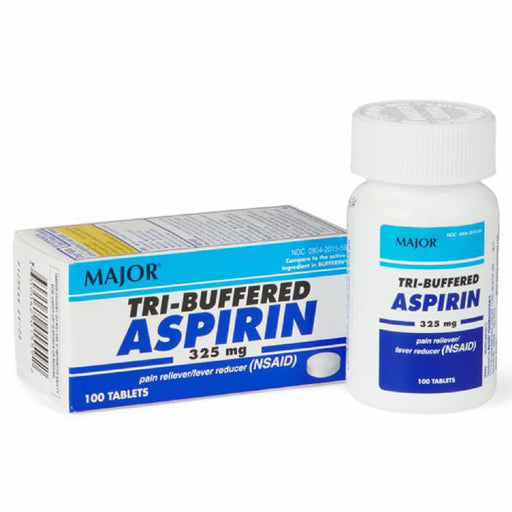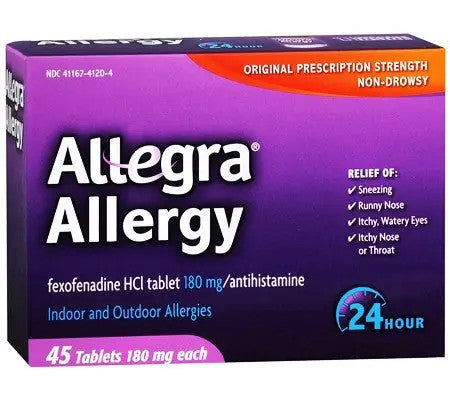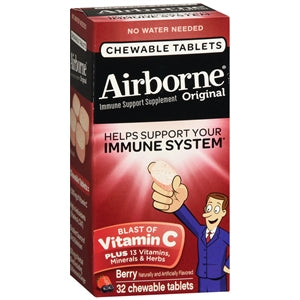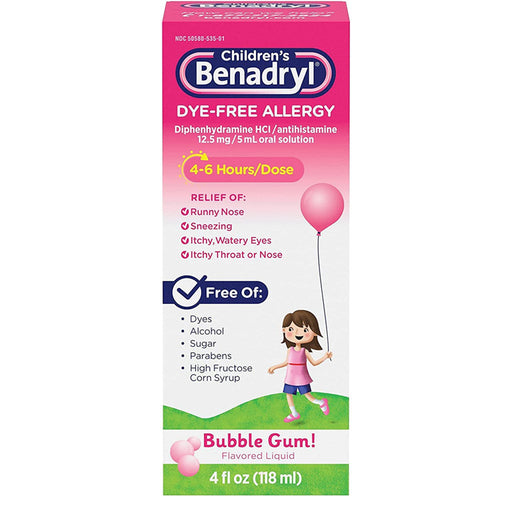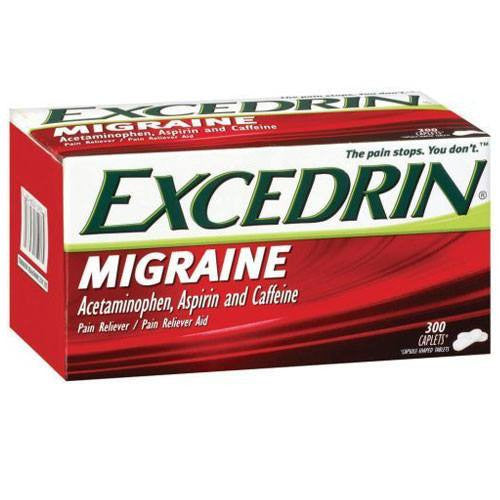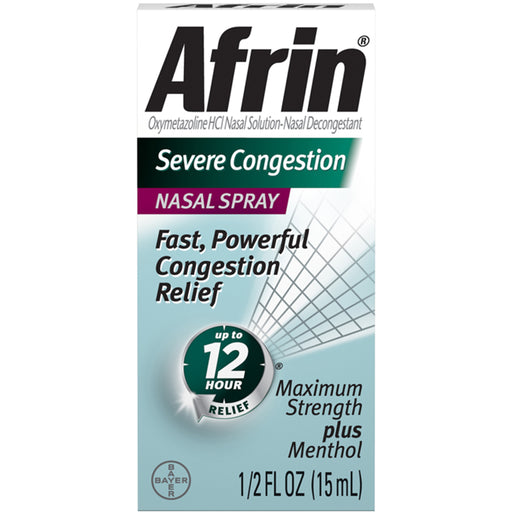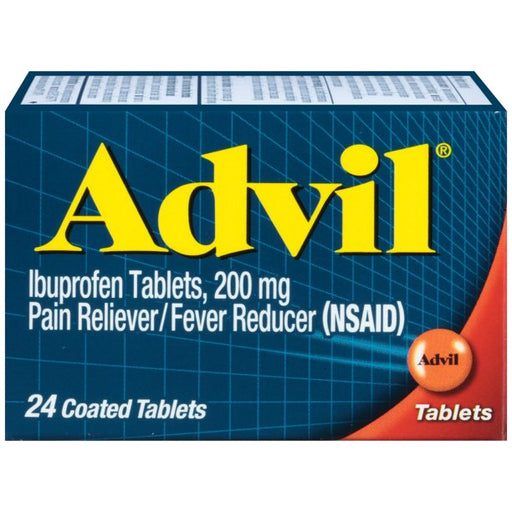What are Over-the-Counter Drugs?
Over-the-counter (OTC) drugs are medications available for purchase without a prescription. They are used to treat a variety of common health issues and are generally considered safe when used as directed. Here are some features and categories of OTC drugs:
1. Common Uses: Treat ailments such as headaches, colds, allergies, indigestion, and minor pain.
2. Types:
- Pain Relievers: Includes acetaminophen (Tylenol) and ibuprofen (Advil, Motrin).
- Cold and Flu Medications: Contain ingredients like pseudoephedrine and dextromethorphan.
- Allergy Medications: Antihistamines like loratadine (Claritin) and cetirizine (Zyrtec).
- Antacids and Acid Reducers: For heartburn and indigestion, such as ranitidine and omeprazole.
- Cough Suppressants and Expectorants: Such as guaifenesin.
3. Safety: Generally safe when used according to label instructions. It’s vital to adhere to recommended dosages to avoid side effects or interactions with other medications.
4. Labeling: OTC drugs include labels with information on active ingredients, usage instructions, dosage, warnings, and expiration dates.
5. Consultation: It's advisable to consult with a healthcare provider if there are any concerns about potential interactions with other medications or underlying health conditions.
OTC drugs provide convenient access to symptom relief for many minor health issues, helping people manage their health without the need for a doctor’s visit.



